Hydration at Elevation
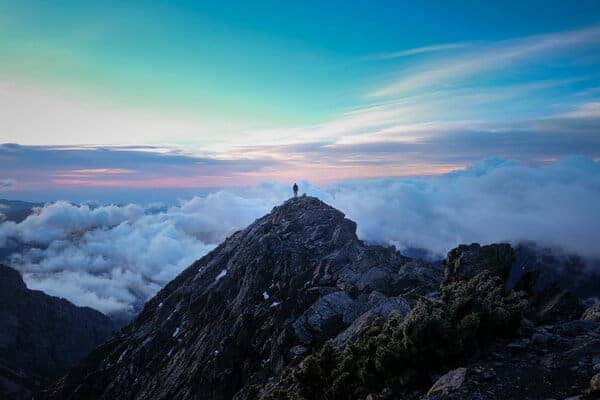
Hydration Basics: Stay Hydrated, Stay Healthy
Hydration is the body’s ability to absorb water and how much is available to it. Staying hydrated is critical for the human body. A human body is composed of 70% water. Proper hydration allows the body to regulate body temperature, prevent infections, and deliver nutrients throughout the body. Low levels of fluid, also known as dehydration, result in headaches, dizziness, poor concentration, and mood swings. Especially in emergency situations, water is the most essential element of survival. According to Healthline, an average human can survive 3 days without water.
How Much Water Do You Need at Sea Level?
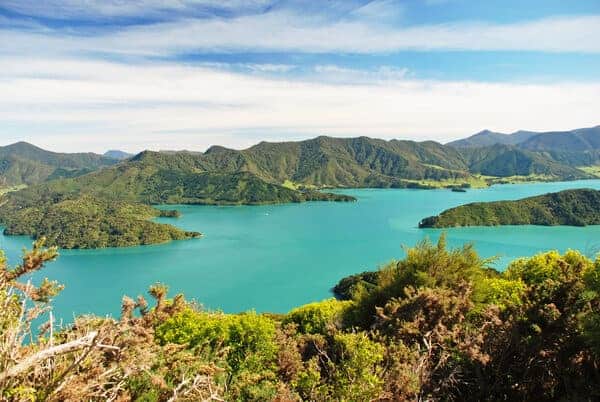
According to the U.S National Academies of Sciences, Engineering and Medicine a human should drink 11-15 cups of water per day to be properly hydrated. There are differences in recommended levels depending on climate conditions, exercise duration, occupations, and elevations. It is important to be aware of how much water is considered a healthy amount before participating in high intensity activities.
A simple way to gauge your level of hydration is by paying attention to the color of your urine. There is a scale of urine colors that relates to different hydration levels. For example, if your urine is dark or has a strong odor, then you are dehydrated and must drink more water. Lighter almost clear colors mean that you are adequately hydrated.
Detecting Dehydration

There are clear distinct signs of dehydration. If you are to notice any combination of the signs below that means you are dehydrated and need to immediately drink water.
- Little to no urine
- Urine is darker than normal
- Dry mouth
- Fatigue
- Extreme thirst
- Headache
- Confusion
- Dizziness
- No tears when crying
A simple way to gauge your level of hydration is paying attention to the color of your urine. There is a scale of urine colors that relates to different hydration levels. For example, if your urine is dark or has a strong odor, then you are dehydrated and must drink more water. Lighter almost clear colors mean that you are adequately hydrated.
The Relationship Between Hydration and Elevation
At higher elevations your body works harder as your respiration rate goes up and your body loses water faster than it would at sea level. Your body is essentially working harder in order to inhale more oxygen. Therefore the more energy your body exerts directly requires a greater water intake. According to the Wilderness Medical Society, “your body loses water through respiration at high altitudes twice as fast as it does at sea level”. Additionally, at high altitudes there tend to be low humidity levels which increases the body’s rate of evaporation of water.
How much water should you drink at high altitudes?
It is important to understand how to stay hydrated at all elevations for any adventure. Often hydration is the key to avoiding dehydration at high altitudes. At high elevations, it is recommended to drink twice as much water as those living at lower altitudes. That means you should be consuming upwards of 16 glasses of water a day. To avoid dehydration you should opt for a few sips every 15-20 minutes over big chugs when you stop and break. If you plan to participate in high intensity activities at high elevations, research how much water is recommended before.
A great way to ensure you are drinking enough water during physical activities at high levels is the use of tactical hydration packs. Tactical hydration packs are used by police, first responders, professionals, athletes, and adventures all around the world. For long-term outings, water is scarce and the option to refill is limited. Tactical hydration packs provide a substantial water supply to every adventurer. Source’s tactical hydration packs make carrying clean water accessible and easy to carry, making traveling effortless. Hydration bladders are low maintenance, zero taste, and are highly durable. Source’s tactical hydration bladders are a lightweight solution to ensure you have an adequate water supply while traveling.
Sum up
Hydration is one of the most important aspects of living a healthy lifestyle. Make sure you are drinking at least the recommended amount of water each day at every elevation. Increasing the amount of drinking water is simple and will only positively affect your life. Look out for signs of dehydration and take the correct measures to ensure your safety. There is a direct relationship between elevation and hydration levels. Check out Source’s tactical gear to ensure you consume the appropriate amounts of water at every elevation on every adventure!

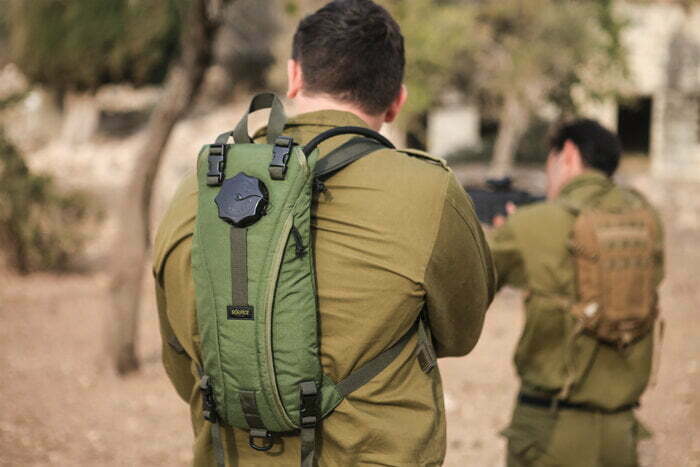
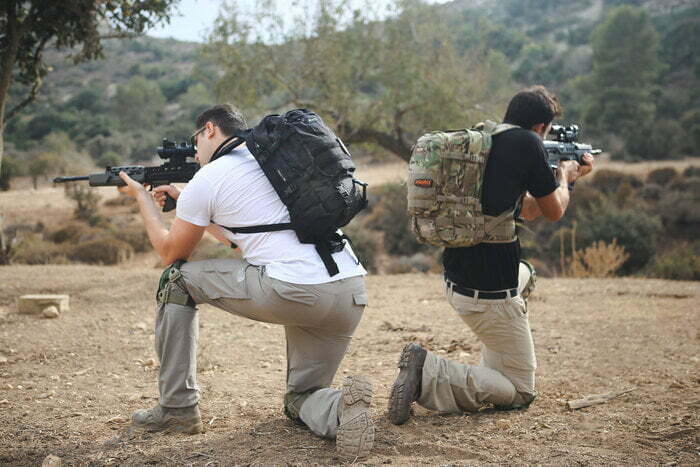
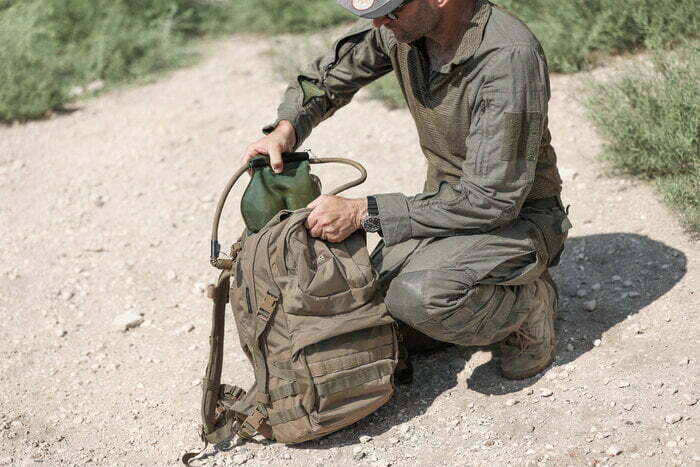

 Facebook
Facebook google
google